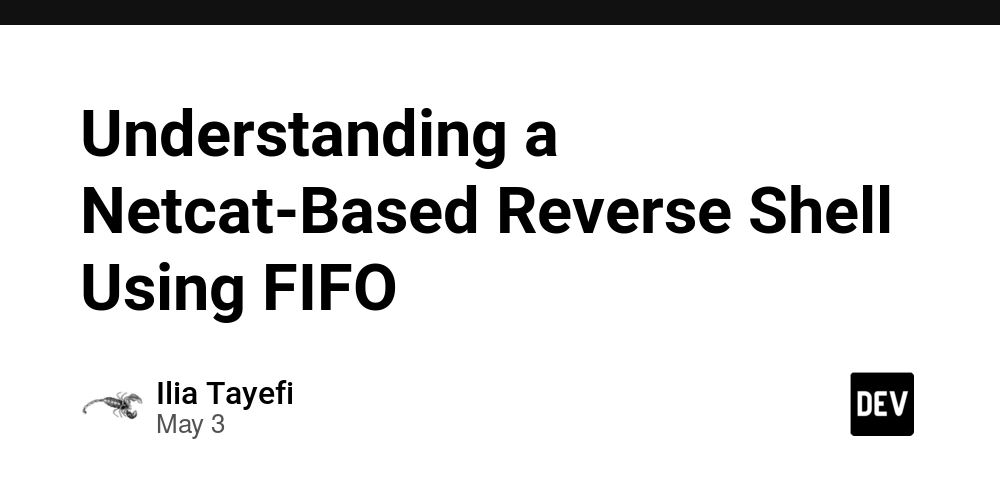Cuts in US nutrition aid will cause tens of thousands of children to die
In countries across the world — particularly in the Sahel region of Africa — we are now staring down this year’s hunger gap.

I visited the Doctors Without Borders malnutrition program in Katsina, Nigeria in December. My colleagues there were still traumatized by the hunger gap months earlier, the period between harvests where food is limited and often inaccessible.
They told me stories of children who were brought in, near death, carried by their loved ones. But thanks to access to health care and specialized nutrition management, most of these children would survive and were able to leave through those hospital doors just a week later.
Four months later, I cannot help but think of those children as my organization, and the rest of the world, grapple with a situation we had never imagined: the collapse of the humanitarian aid system, with the U.S. Agency for International Development seemingly dismantled and funding for global malnutrition programs reduced significantly, practically overnight.
To grasp why the doctors I work with are so concerned, understand that even before these funding cuts, we were already facing overwhelming needs. During my visit to Nigeria and upon my return, we called on other international aid organizations to step up and help respond to the food insecurity and malnutrition crisis unfolding in front of us.
We projected then that the nutrition situation there would once again be catastrophic within months. Today we are facing a nightmare scenario.
While it is impossible to verify exactly how much nutrition funding has been affected by recent shifts in U.S. aid policy, nutrition experts from Sudan to Yemen to Nigeria have reported the suspension or closure of lifesaving nutrition activities. The cuts have also left medical treatments such as ready-to-use therapeutic food stuck in warehouses and created uncertainty around how to deliver it. This food, a nutrient-rich paste that helps children quickly gain weight, is one of the most effective components of care for those with acute malnutrition.
In countries across the world — particularly in the Sahel region of Africa — we are now staring down this year’s hunger gap. We are terrified that without USAID support, tens of thousands of children will not survive this precarious time when food is scarce and people’s immune systems are weakened.
While the U.S. government has assured the public that certain lifesaving programs will continue, USAID partners have told us that the various waivers, stop-work orders, payment challenges, terminations and rescissions of terminations have frozen many critical malnutrition programs. Recently, the Trump administration canceled nearly all humanitarian assistance programs in Yemen and Afghanistan, two countries facing some of the most severe humanitarian needs in the world.
In Katsina last year, Doctors Without Borders admitted more than 90,000 children for malnutrition, many of whom were lethargic, weak and struggling to fight off infections. Last month, organizations there were forced to close several of their malnutrition centers and an inpatient ward, forcing sick children to travel further for care or simply go without. We are expecting ready-to-use therapeutic food paste to run out across the country in the coming months, and Nigeria isn’t the only country expected to run out soon.
There are 19 million children worldwide under the age of five who are severely malnourished and at risk of severe illness or death, mainly in sub-Saharan Africa and South Asia. Even before the USAID cuts, barely half of them received treatment due to a lack of funding for humanitarian assistance. In 2024, USAID provided nearly 60 percent of all funding for humanitarian nutrition and related support around the world.
We implore the U.S. government to prioritize and adequately fund urgent lifesaving nutrition assistance for vulnerable children. To ensure malnutrition efforts urgently resume, the U.S. must work with other countries to better support the production and delivery of commodities such as ready-to-use therapeutic food. The U.S. must also make sure nutrition programs are equipped with the food and medicines required to treat malnutrition before rates increase during the lean season.
We are already behind. Preparations for the peak hunger season should already be underway to ensure we’re ready when the season starts this month. This is especially critical in malnutrition hotspots such as Nigeria, South Sudan, Somalia and Yemen, where economic factors, barriers to food access such as conflict, and climate events, including droughts, fuel periods of food insecurity where people don’t have consistent access to nutritious foods.
As medical providers, staff at Doctors Without Borders witness daily the deadly health consequences of food insecurity, lack of access to health care and dysfunctional water and sanitation systems that can exacerbate the spread of diseases that can contribute to malnutrition. We treat approximately 5 percent of all children with severe acute malnutrition globally. As I saw in Katsina, many of them require inpatient and even intensive care for medical complications.
Malnutrition can also lead to further health issues, as it weakens immune systems and makes people more susceptible to illnesses like malaria, acute watery diarrhea, HIV/AIDS and tuberculosis. These illnesses can also lead to malnutrition, fueling a vicious cycle. The U.S. government has stated that certain lifesaving programs will be spared from funding cuts, but health care options will be limited when children inevitably get sick this hunger season.
Doctors Without Borders is one of the few international non-governmental organizations that doesn’t rely on U.S. government funding. We are independently funded, but that doesn’t mean we aren’t affected. We expect our facilities to experience an influx of patients who are sick and have nowhere else to go as their local clinics, ministry of health hospitals and community health programs are forced to close. There will also be fewer places to which we can refer our patients for specialized care.
We remain committed to providing independent and impartial medical humanitarian aid, but no organization can do this work alone. Time is running out for the U.S. to reconsider its funding decisions. America must take action now to prevent tens of thousands of children from dying of malnutrition.
Avril Benoît is the chief executive officer of Doctors Without Borders in the U.S.















































































